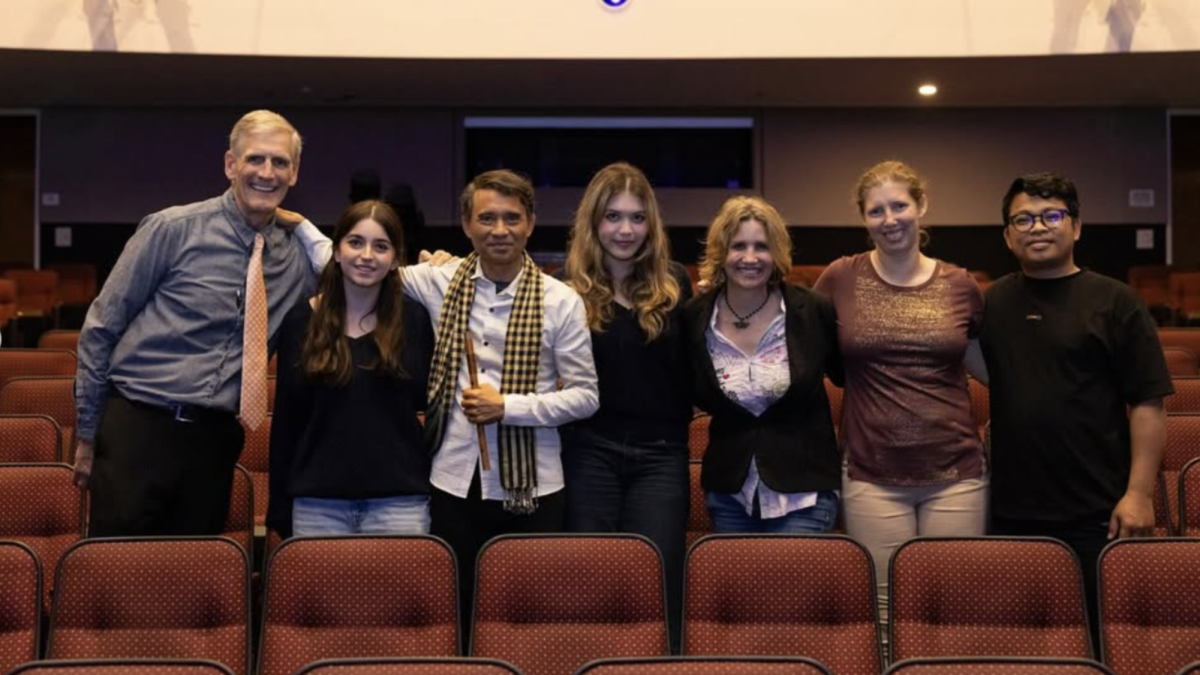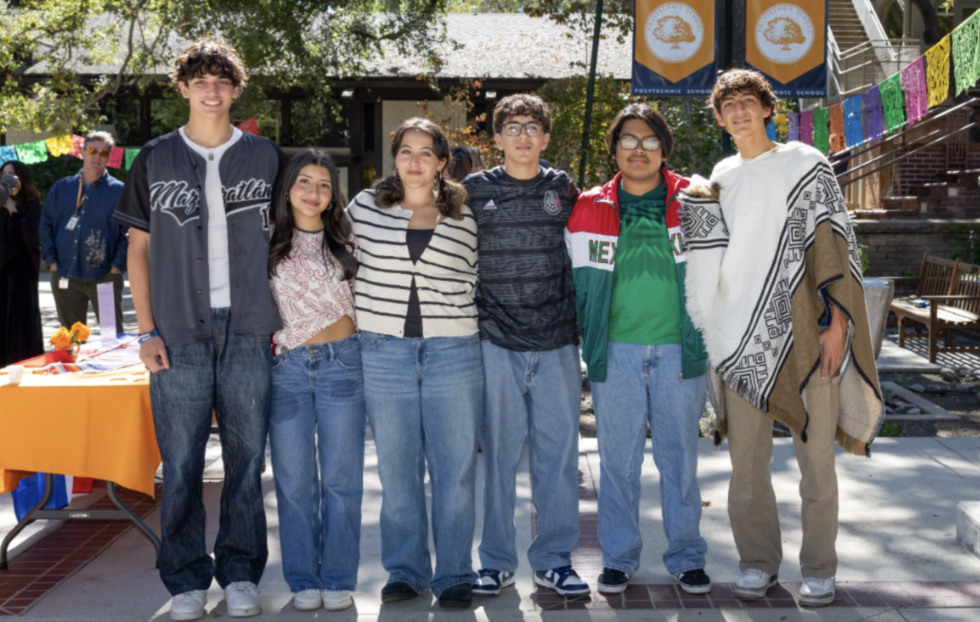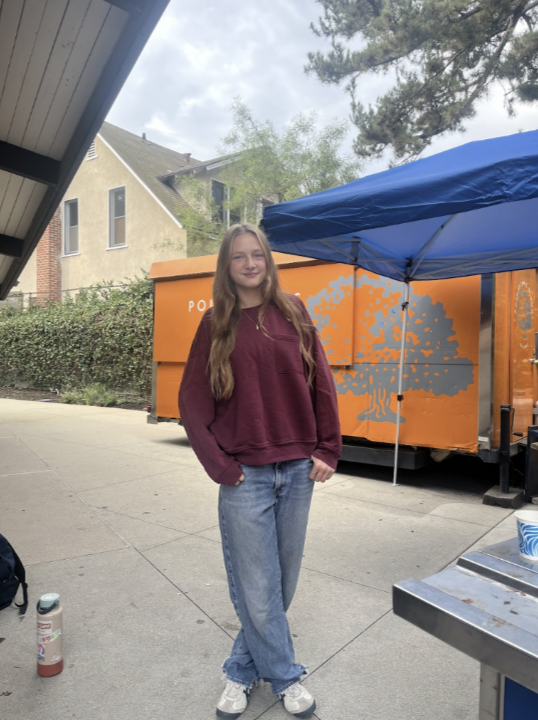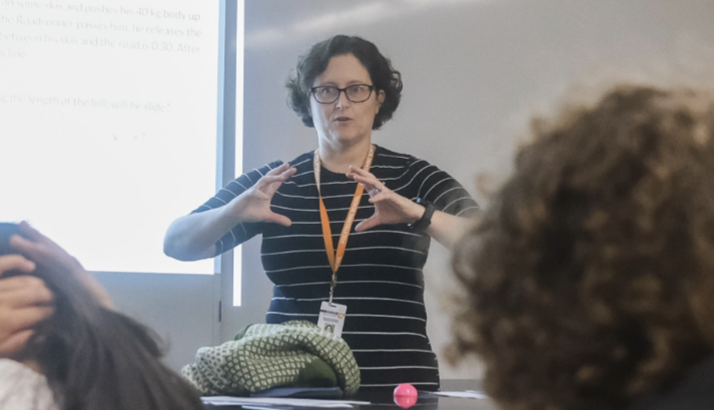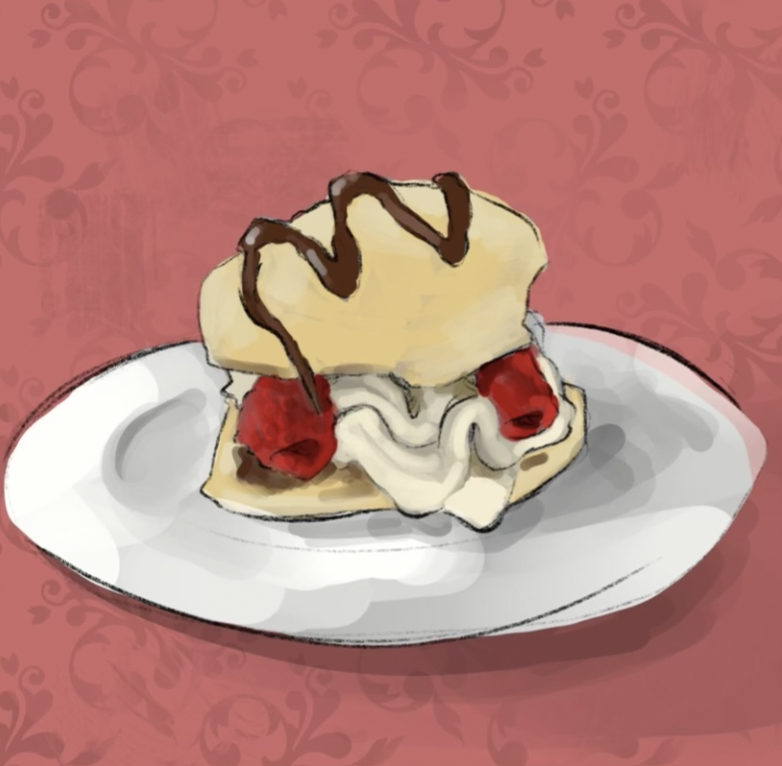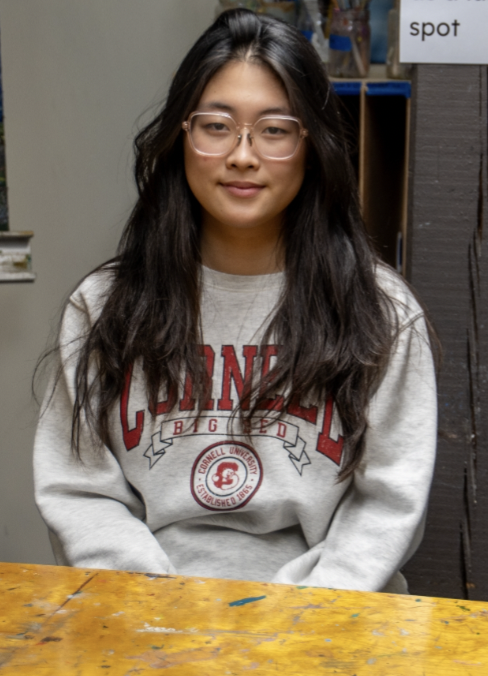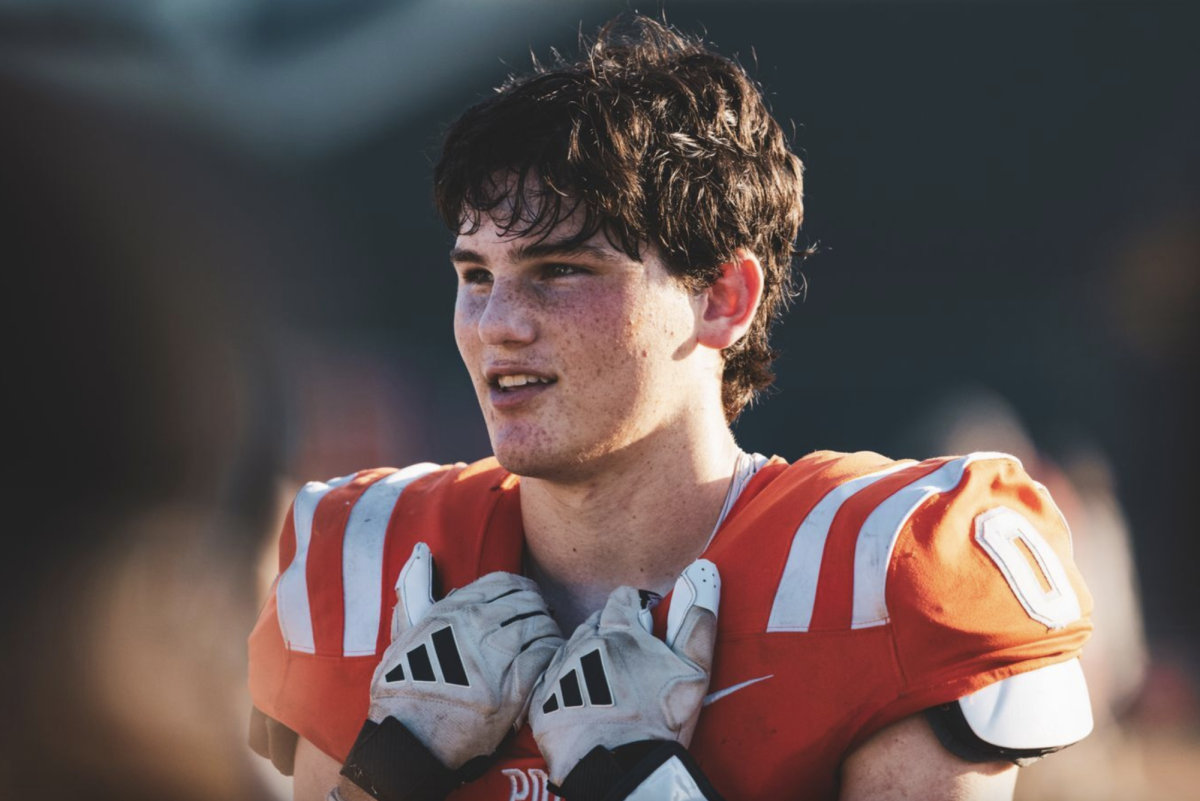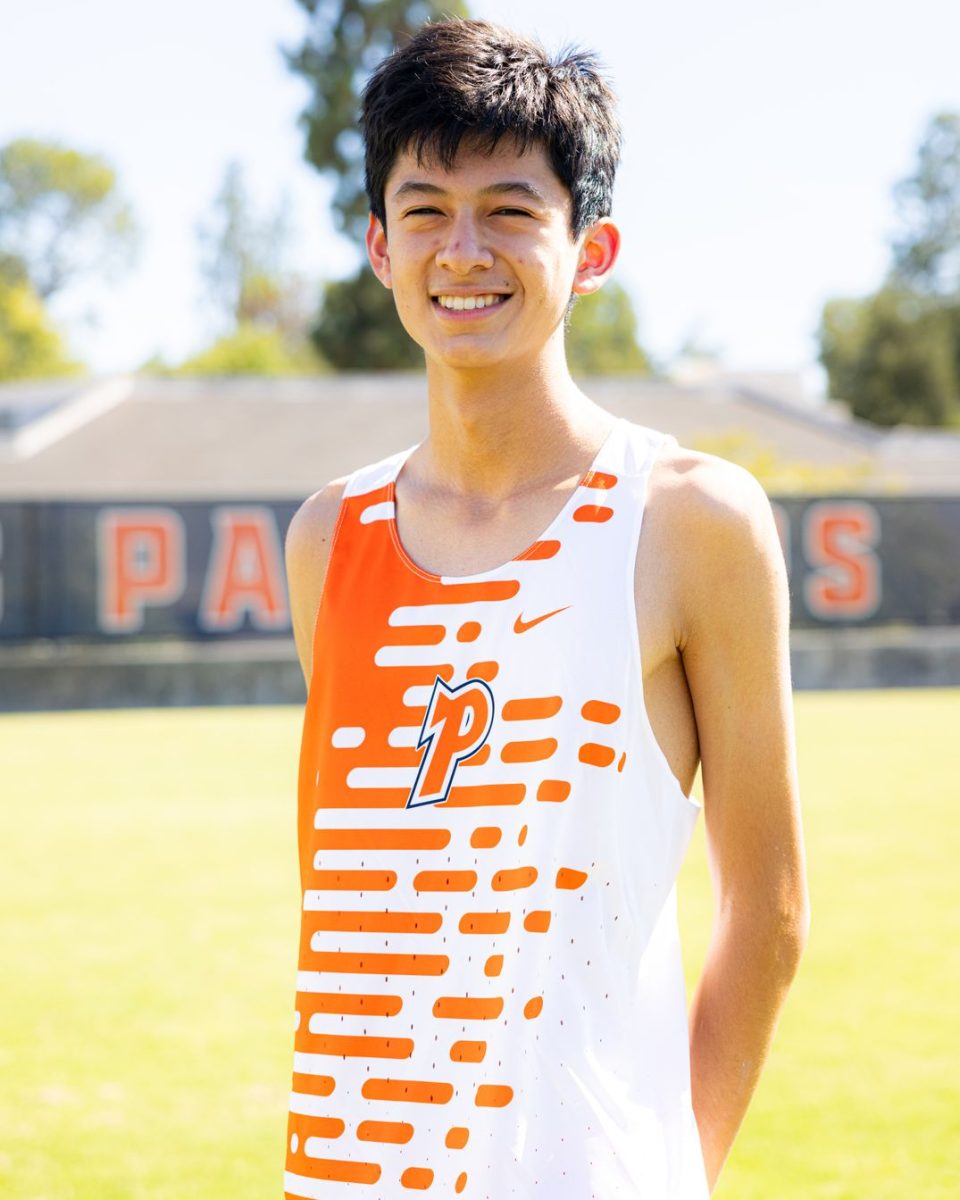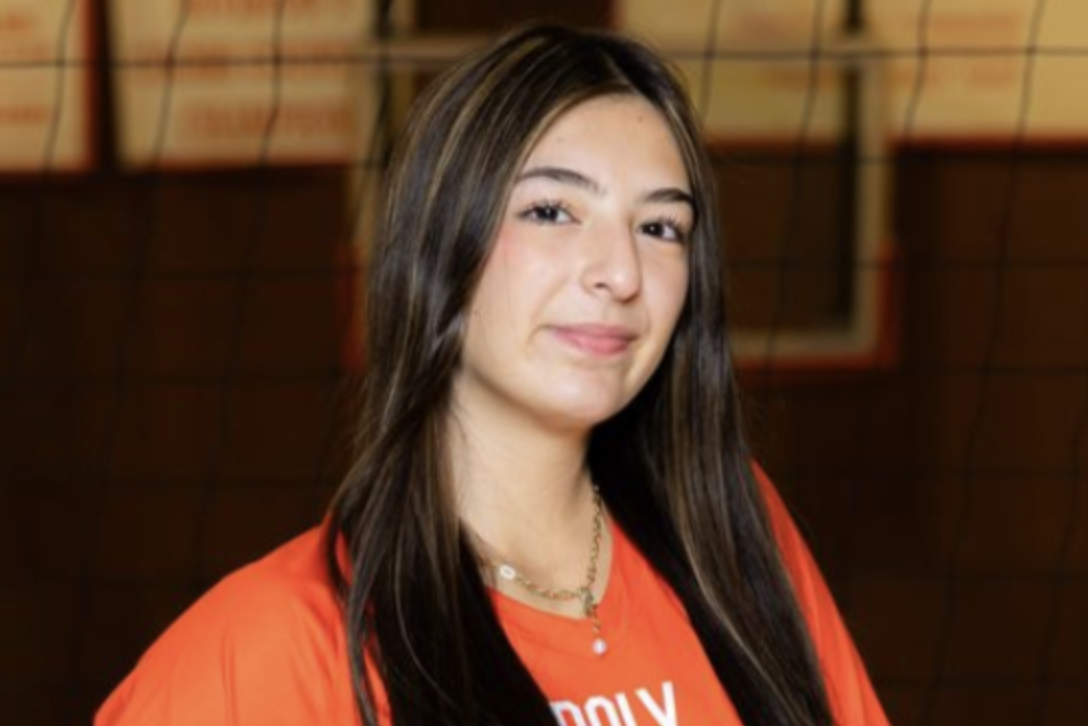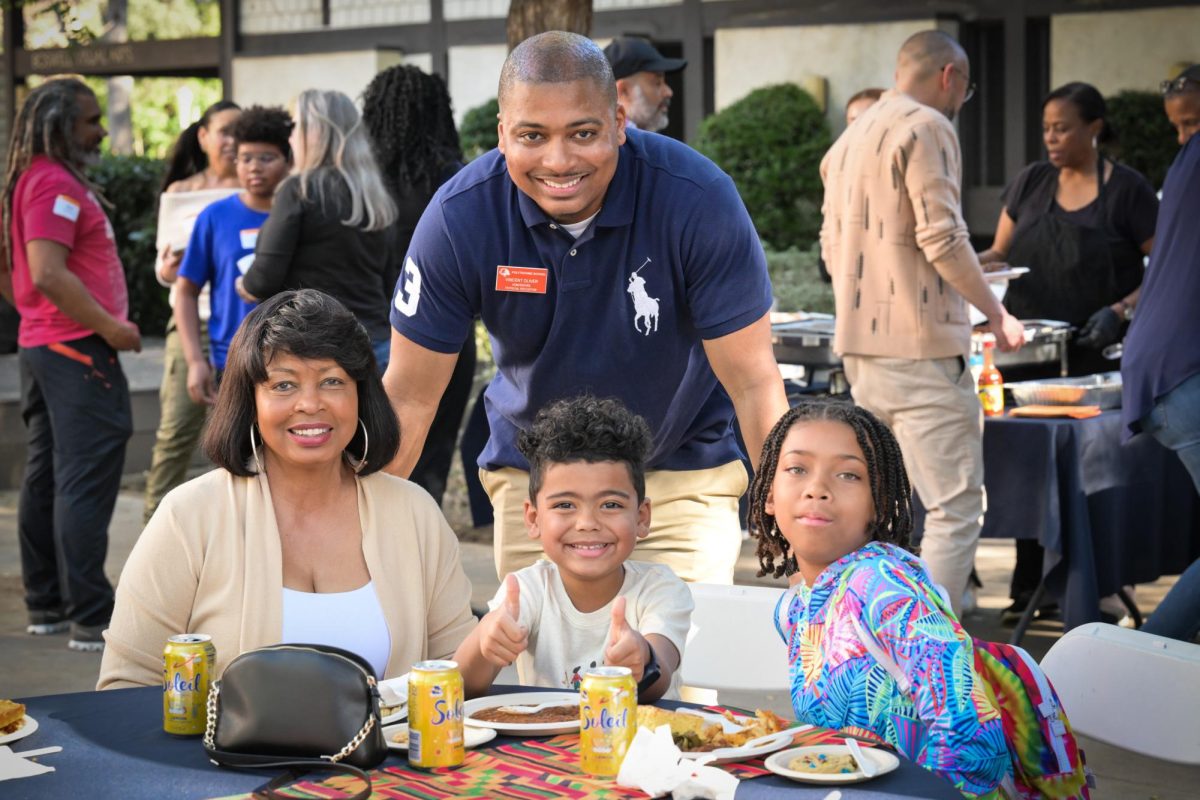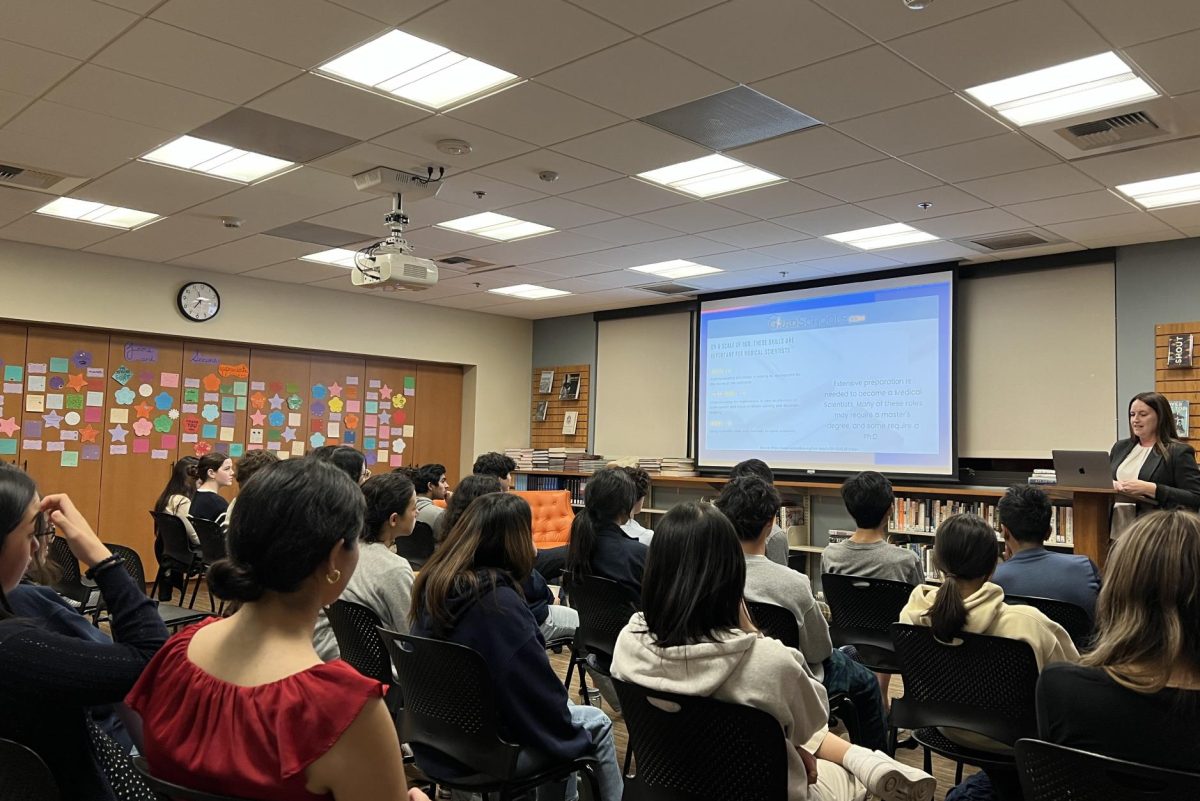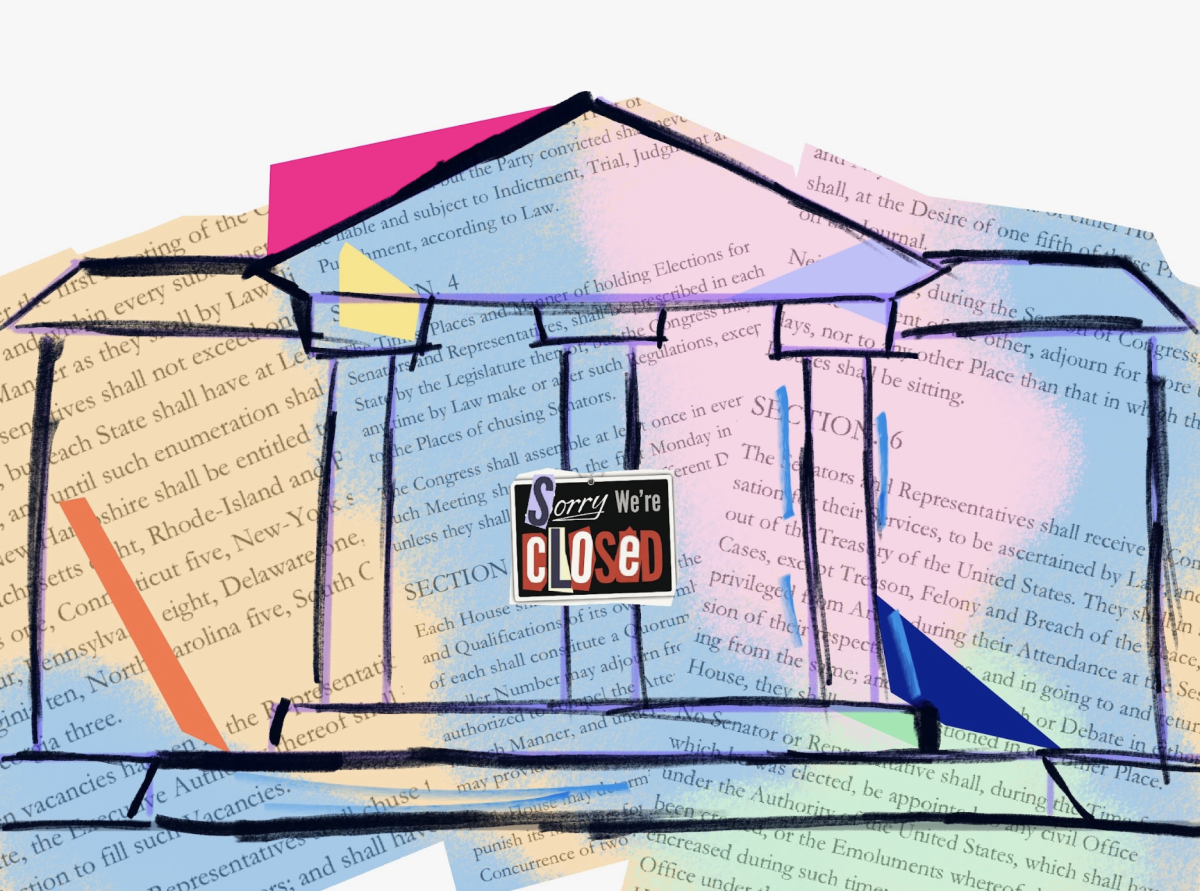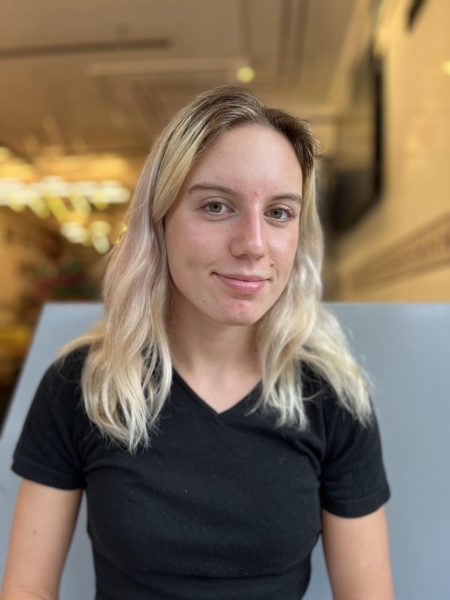On Monday, Jan. 29, the Poly Student Science Organization (PSSO) hosted their annual Science Night in the Upper School Library. The event was organized and moderated by club leaders junior Theodore Kratter, junior Daniel Zheng and senior Janie Drum. For the event, Drum compiled and distributed a ten-page packet with summer science internships for high schoolers. The night started with snacks and socializing,and then the guest speakers began their segments.
Dr. Niles Pierce, a professor of Applied and Computational Mathematics and Bioengineering at Caltech, opened by discussing his innovation in exponential fluorescence, which is used for less-invasive imaging. Kratter explained the invention saying, “It’s a way to scale up molecular interactions so they’re visible to the human eye, [like seeing] parts of an embryo better than [on an] ultrasound.”
After a brief intermission, Dr. Sarah Shuck, Ph.D., who researches cancer, diabetes, metabolism and genomics at City of Hope took the floor. She discussed her investigation into an onslaught of diseases and diabetes in patients predominantly of African American descent.
According to Shuck, one cause for these conditions is methylglyoxal, a compound that can cause diabetes and some cancers, which exists more frequently in individuals of certain ethnicities. Shuck’s speech also focused on how to pursue a Ph.D. in the medical field. She encouraged students to search for internships and extracurricular opportunities that back up their interest, helping them to refine their focuses in graduate school.
One of Science Night’s greatest successes was the 35 students in attendance. However, the PSSO has not always had such a following. According to Science Department Chair Robin Barnes, it was the brainchild of graduate Eli Grossman ‘19, who helped realize her dream of building a science club at Poly.
The pandemic caused the PSSO to lose members, until Kratter and Zheng approached Barnes as freshmen, looking for extracurricular science opportunities. Drum was soon added to the new leadership team, and together, the three have reinvigorated the PSSO, creating new roles, organizing speaker events and drawing crowds of students to listen.
“We’re trying to promote science at Poly and connections to other organizations through the PSSO,” said Kratter.



